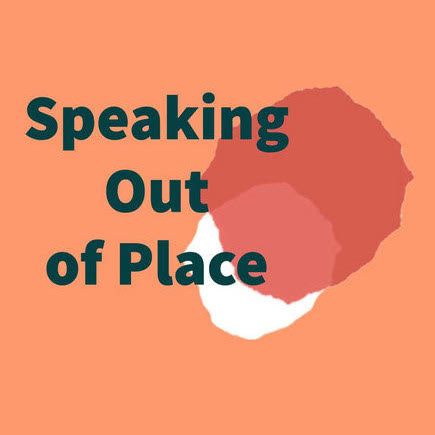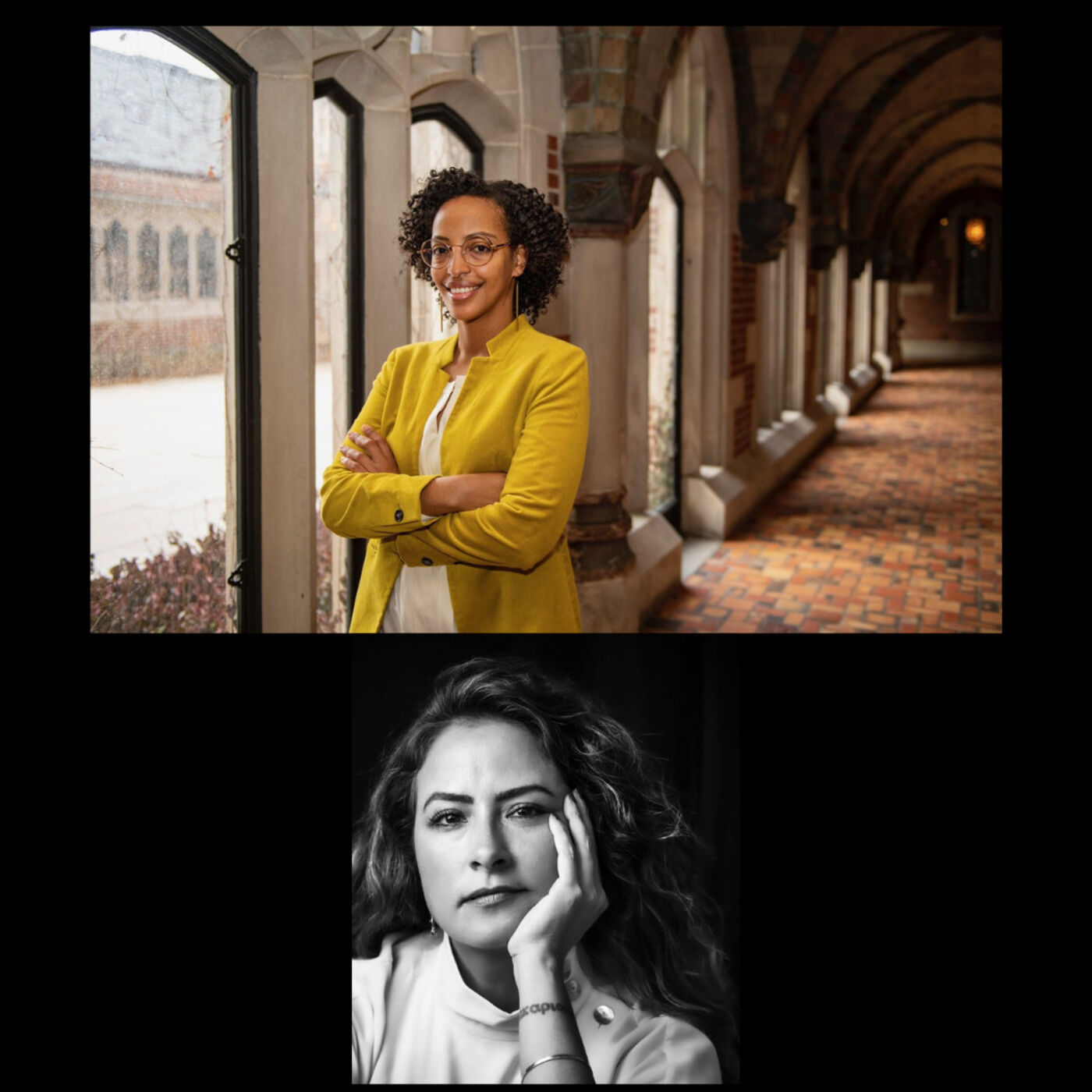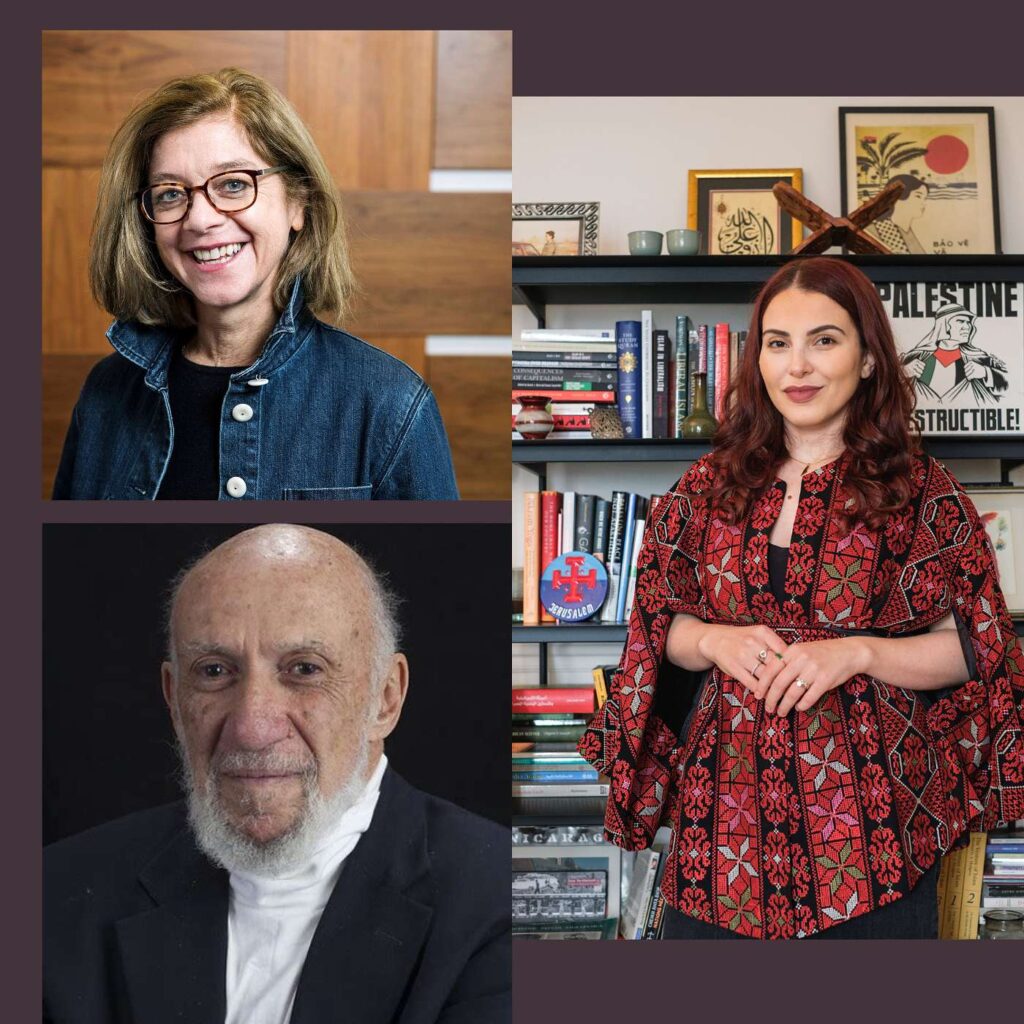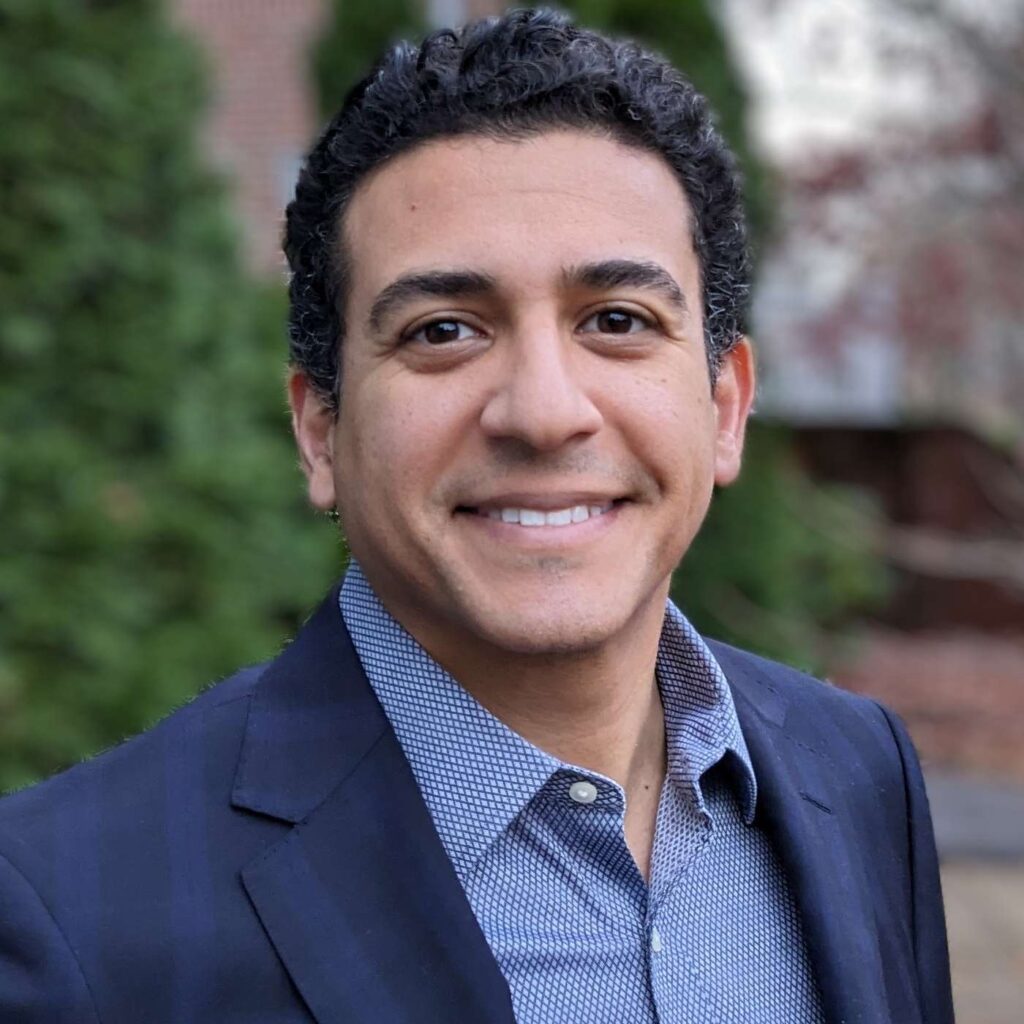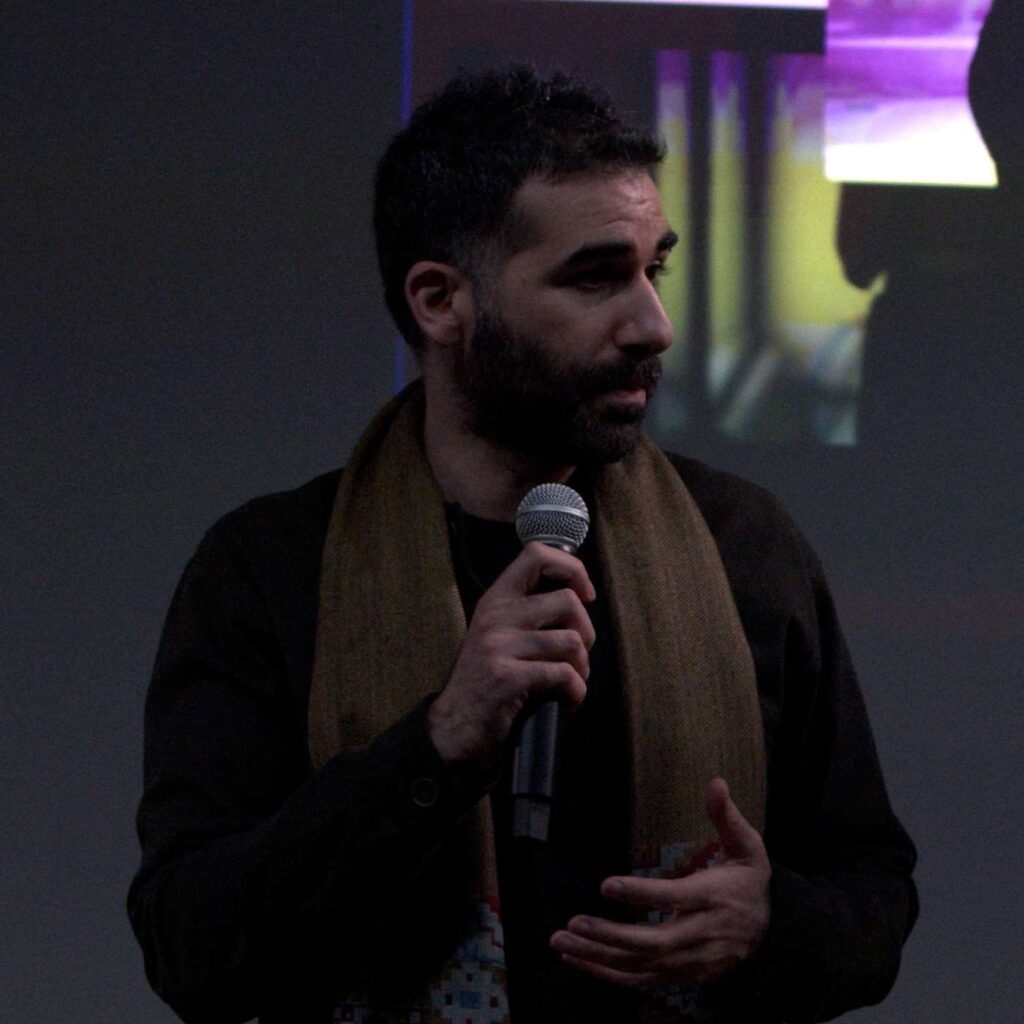Today on Speaking Out of Place, we have a conversation with critical political theorists Adom Getachew and Ayça Çubukçu on the colonial construction of the international system and its organization around the institution of the nation state. Our conversation covers and uncovers so many aspects of the hidden colonial history behind the constitution of this system, but also the resistance and creative appropriations by Black, Indigenous, and colonized peoples, allowing us to imagine possible liberatory futures beyond the forms and strictures of the colonial present.
Ayça Çubukçu is associate professor in human rights at the London School of Economics and Political Science and codirector of LSE Human Rights. She is the author of For the Love of Humanity: The World Tribunal on Iraq (2018). Her work has appeared in Law and Critique; Polity; London Review of International Law; Thesis 11; Contemporary Political Theory; parallax; Interventions: International Journal of Postcolonial Studies; boundary 2; Law, Culture and the Humanities; Journal of Human Rights; and the Los Angeles Review of Books; the Guardian; Al Jazeera; Truthout; Africa Is a Country; Jadaliyya, and Red Pepper magazine, among other publications. She coedits the journal Humanity and the LSE International Studies Series at Cambridge University Press.
Adom Getachew is Professor of Political Science and Race, Diaspora & Indigeneity at the University of Chicago. She is the author of Worldmaking after Empire: The Rise and Fall of Self-Determination (2019) and co-editor, with Jennifer Pitts, of W. E. B. Du Bois: International Thought (2022). She is currently working on a second book on the intellectual origins and political practices of Garveyism—the black nationalist/pan-African movement, which had its height in the 1920s. Her public writing has appeared in Dissent, Foreign Affairs, the London Review of Books, the Nation, the New York Review of Books, and the New York Times.
